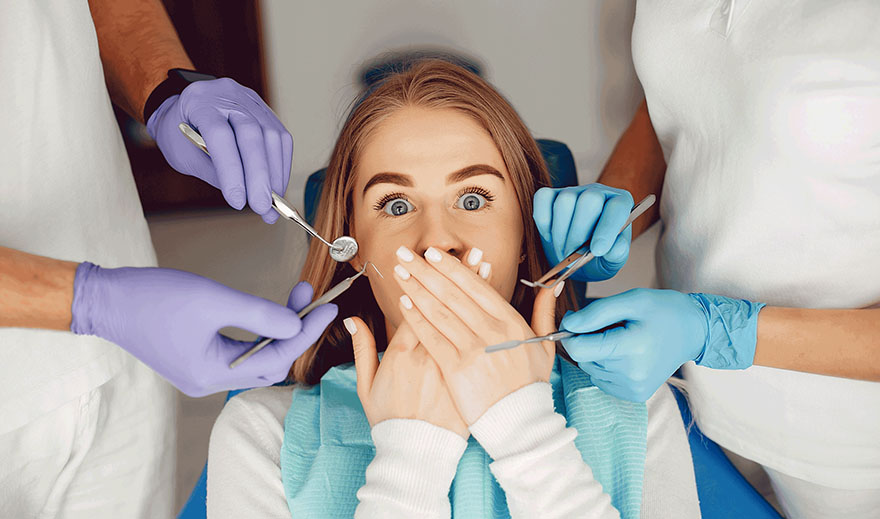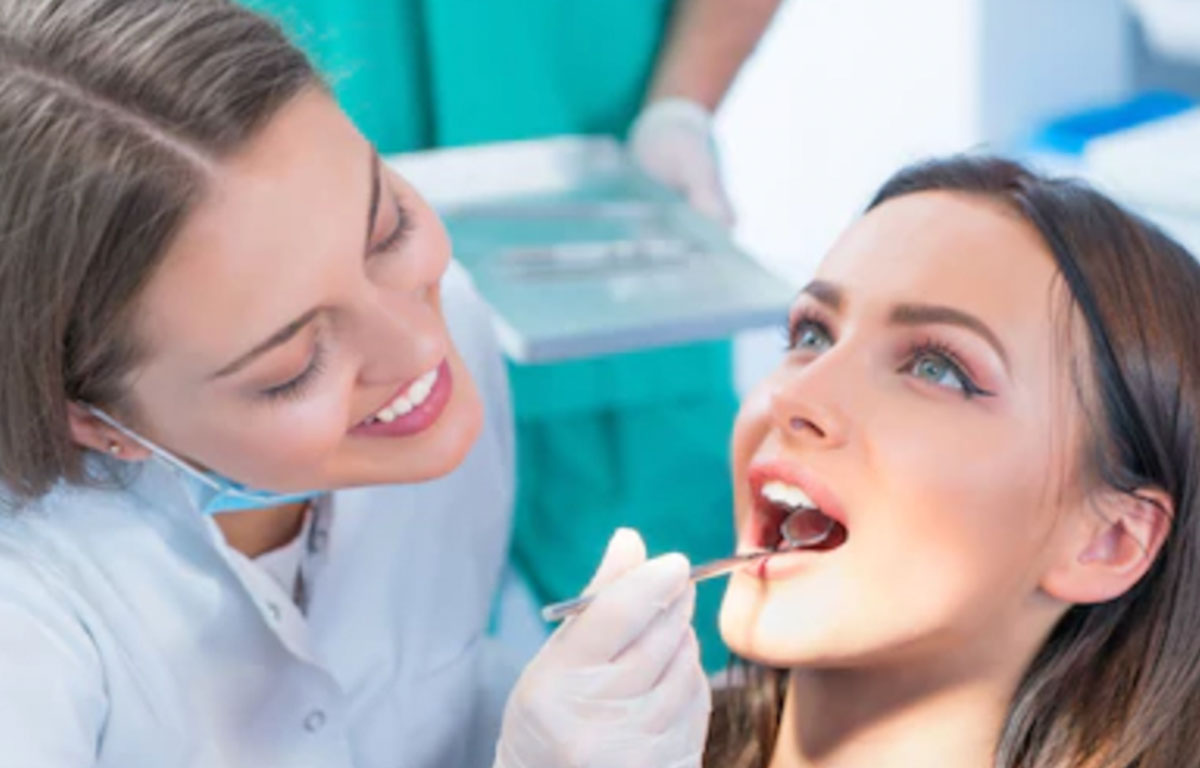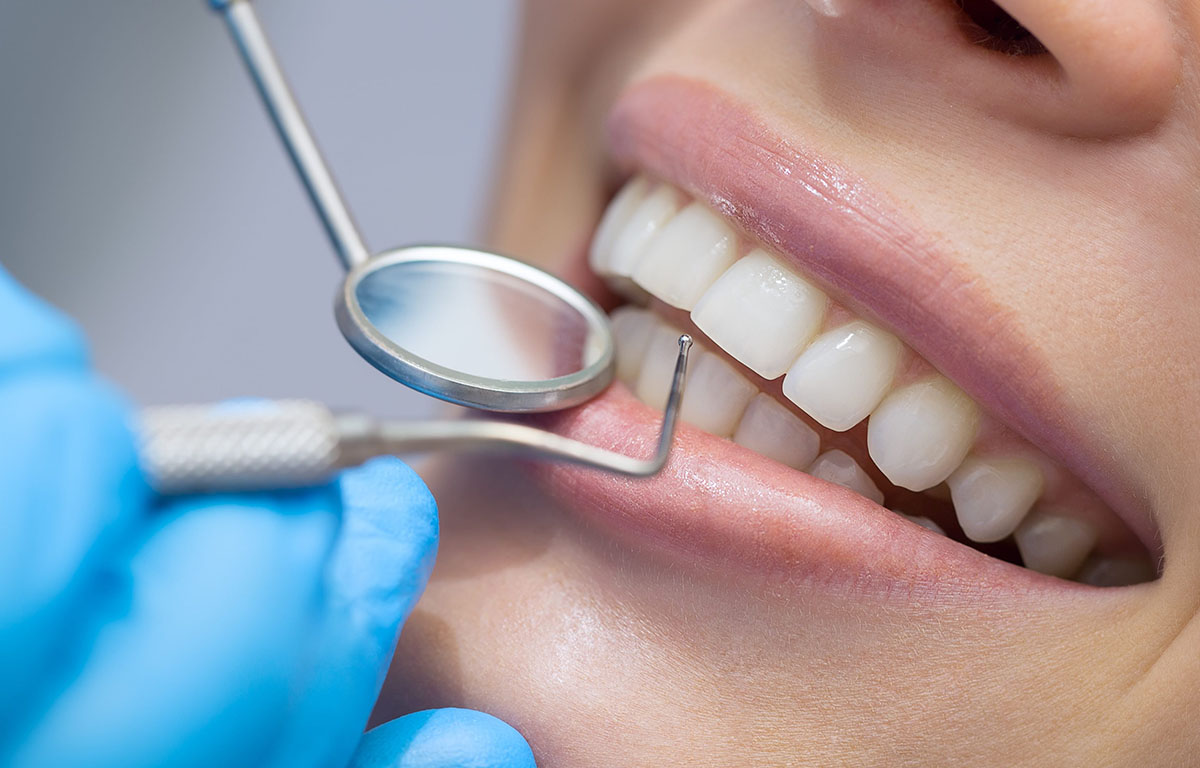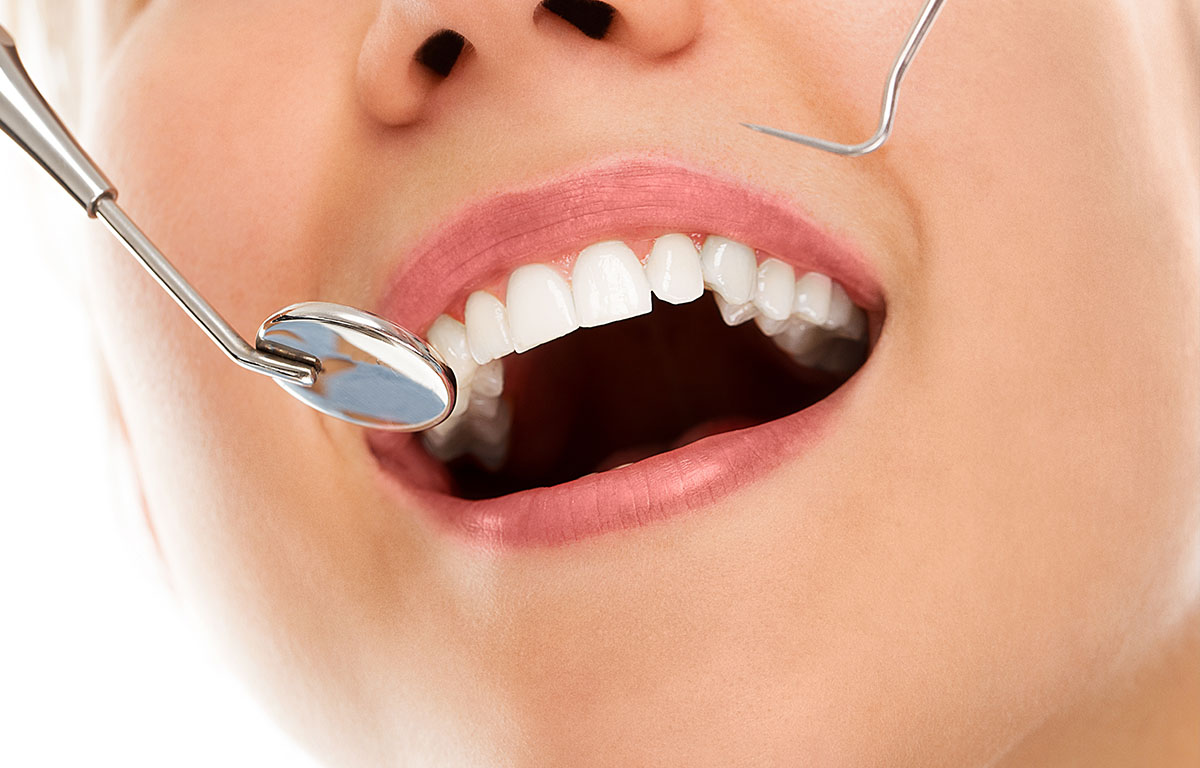
Sedation Dentistry at Antalya Dental Hospital, Turkey
Sedation Dentistry: What Are They, Benefits and Cost
Sedation dentistry focuses on relieving stress and pain through sedation. The three types of sedation dentistry are laughing gas, oral sedation, and IV sedation.
All three methods have their place within sedation dentistry. But your medical history and other factors will determine the right choice for you.
Laughing Gas
Laughing gas (also known as nitrous oxide) is safe for children and adults. This is because you are aware and awake during the procedure.
If you have a dental phobia, your dentist may recommend laughing gas to help you relax in the chair. We’ll gently place a mask over your nose and tell you to breathe deep. It only takes a few moments for the laughing gas to start working.
Unlike other types of sedation dentistry, laughing gas is quick to wear off. This means that you’ll be able to drive yourself home or return to work. If your child had laughing gas, they’ll be able to return to school after their appointment.
Laughing gas carries the least risk compared to other sedation methods. Any side effects stop once we remove the mask.
We can use laughing gas for everything, from teeth cleanings to root canals. But keep in mind that intensive procedures will need more than laughing gas to prevent pain. For example, you’ll need a local anesthetic to numb a tooth that needs a filling.
Oral Sedation
Dr. Yun will need to write you a prescription for oral (pill) sedation. Since oral sedation makes you feel drowsy, you’ll also need someone to drive you to and from our office.
Your safety is always our first priority. This is why we give you thorough directions so you know what to expect. For example, you may need to fast several hours before your appointment. For this reason, many patients schedule their appointments in the morning.
Oral sedation may make you drowsy enough to fall asleep. But we’ll be able to easily shake you awake if we need you to cooperate with the dentist. For example, Dr. Yun may ask you during the procedure to tilt your head so he can better access a tooth.
If your child receives oral sedation, you’ll need to keep them home after their appointment. You’ll need to supervise your child for the rest of the day while the medication wears off.
IV Sedation
For IV sedation dentistry, we insert an IV line into a vein in the crook of your arm. The IV line provides a steady flow of medication. That way, you’ll be unconscious for the entire procedure.
You can feel safe and secure while in the dentist’s chair, knowing that you are receiving quality dental care without the stress and pain. We closely monitor your vital signs and ensure you are breathing properly through an oxygen mask.
Pain-free dental treatment for anxious patients.
As dentists, providing care in a safe, non-traumatic and pain-free environment is an integral part of our practice. We want you to feel relaxed each time you come for a visit.
We use a variety of sedation and pain management techniques that allow us to deliver and complete treatments in a comfortable manner. We will consider the procedure you need, your anxiety level and overall health (including your history of allergies) when choosing the best approach.
We are dental phobia certified.
Sedation is commonly administered to help patients relax. There are many factors that may require the use of sedation, including:
- dental phobia and anxiety
- age and ability of the patient to cooperate
- severe gag reflex
- allergies to local anesthesia
- care for patients with special needs
Gentle, safe and stress-free sedation and anesthesia options.
Modern dentistry would be impossible without anesthesia. Over the years, we’ve seen tremendous advancements in the safety and efficacy of anesthetics. With our patients’ cooperation, the right anesthesia and a lot of experience, we are able to perform safe and pain-free treatments.
General Anesthesia for Adults
With general anesthesia, you will be completely asleep and you will be able to go through your procedure without pain or anxiety.
General Anesthesia for Kids
We make it easier for your little ones. Under general anesthesia, your child is able to receive the necessary treatment without stress and discomfort.
Conscious Sedation
Laughing gas is a conscious sedation technique to manage pain and compliance in patients with dental anxiety.
The Wand
A computer-assisted system for delivering local anesthesia which helps us create a more comfortable numbing experience.
Need more advice?
If you need free and impartial advice about your oral health, contact our Antalya Dental Hospital Helpline by email or call +90 242-999-1227 (local rate call in the Turkey).
Our Antalya Dental Hospital Helpline is completely confidential and has helped almost 20,000+ people. Contact our experts by telephone, email or online enquiry, Monday to Friday, 08:00 - 18:00.
Frequently Asked Questions About Dental Health
FAQs
Our FAQs are the most commonly-asked questions put to our Dental Helpline over the last year. If you have a question for us, you can ask our Dental Helpline by telephone or email. Alternatively, please take a look at our library of oral health information, which contains a wide range of oral health advice in an easy-to-understand Q&A format.
Often, teeth need to be guided more accurately than they can be using a removable brace. So a fixed brace is used. This has brackets and bands which are temporarily stuck to the teeth. A flexible wire joins all the brackets and allows the teeth to be moved. You can’t take the appliance out yourself, so it is called a fixed appliance.
Costs will vary according to the type of crown and the material used. Always get a written estimate and treatment plan before starting any dental treatment.
Not altogether, but there are some precautions you can take:
- Wear a mouthguard: If you grind your teeth at night, have a night-guard made to protect your teeth. If you play sports, wear a custom-made mouthguard.
- Avoid biting or chewing on hard objects.
Even after retention, it is normal for minor tooth movements to happen throughout life. So no permanent guarantee can be given. However, it is unusual for teeth to alter enough to need more treatment.
Your Best Smile Starts Here
Follow along as Antalya Dental Hospital expert dentists share the latest oral health trends that impact you and your family’s overall health. Dentistry and Oral Health Blog is a rich source of information about dentistry, dental care, tips, news and more. Subscribe to our blog, newsroom and social media.







